
Blood Cancers
Advertisement
The mortality rate for men with multiple myeloma and renal failure was nearly twice that of women.
Asian Indian and Pakistani American patients were more likely to receive chemotherapy than non-Hispanic White patients.
Thirty percent of myeloma lytic bone lesions are not detected via FGD PET, demonstrating the need for improved visualization.
Patients in the Northeast showed the highest age-adjusted cardiovascular mortality rate.
Factors such as long travel times to access care or limited parking options were reported as barriers to care.
Florida's demographics reflect what the US population could look like in the future in terms of aging and diversity.
Researchers identified several socioeconomic and logistic barriers that limit diversity in clinical trials.
This research promotes progress in understanding how tumor genetics differs across individuals of different ancestry.
A drug used to treat some types of leukemia may offer patients with refractory multiple myeloma a new avenue for treatment.
Restrictive trial eligibility criteria and geographic limitations likely contribute to these disparities.
Little is known about the effect of recent advances, particularly the approval of venetoclax, in acute myeloid leukemia.
Researchers investigated whether socioeconomic status and healthcare resource availability affect OS in multiple myeloma.
Persistent or newly developed lymphopenia after diagnosis was also linked to an increased risk of mortality.
Individuals living in lower-income areas experience disproportionately higher rates of late-stage diagnoses and mortality.
responding physicians (92%) reported that prior authorization causes treatment delays for their patients
Area Deprivation Index was associated with overall survival in both Black and Hispanic patients.
Black, Hispanic, and Asian patients were underrepresented in trials compared with national lymphoma data.
Families reported the direct cash support program offered them the “ability to spend more time at their child’s ...
Despite delays to infusion, response rates to CAR-T were comparable across racial groups.
The proportion of myeloma cases linked to BMI and diabetes was higher in Black patients than White patients.


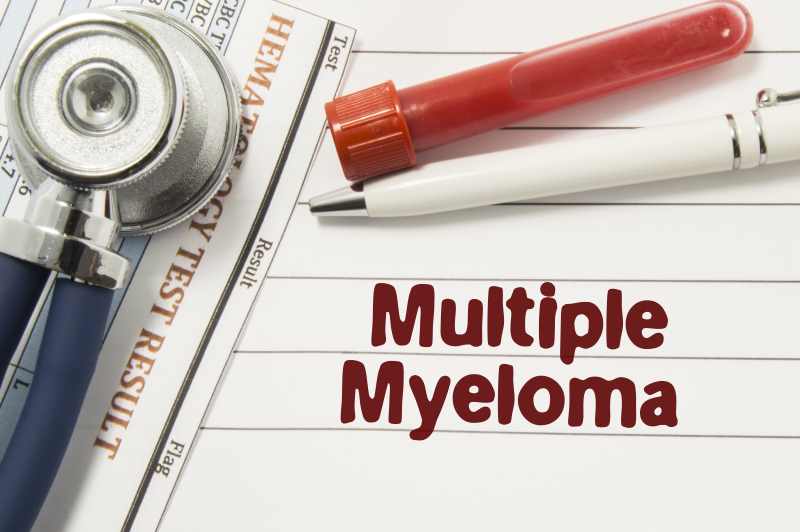




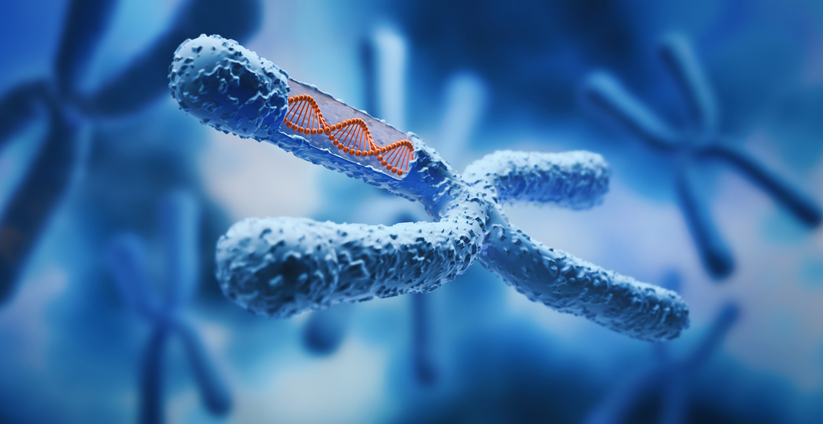
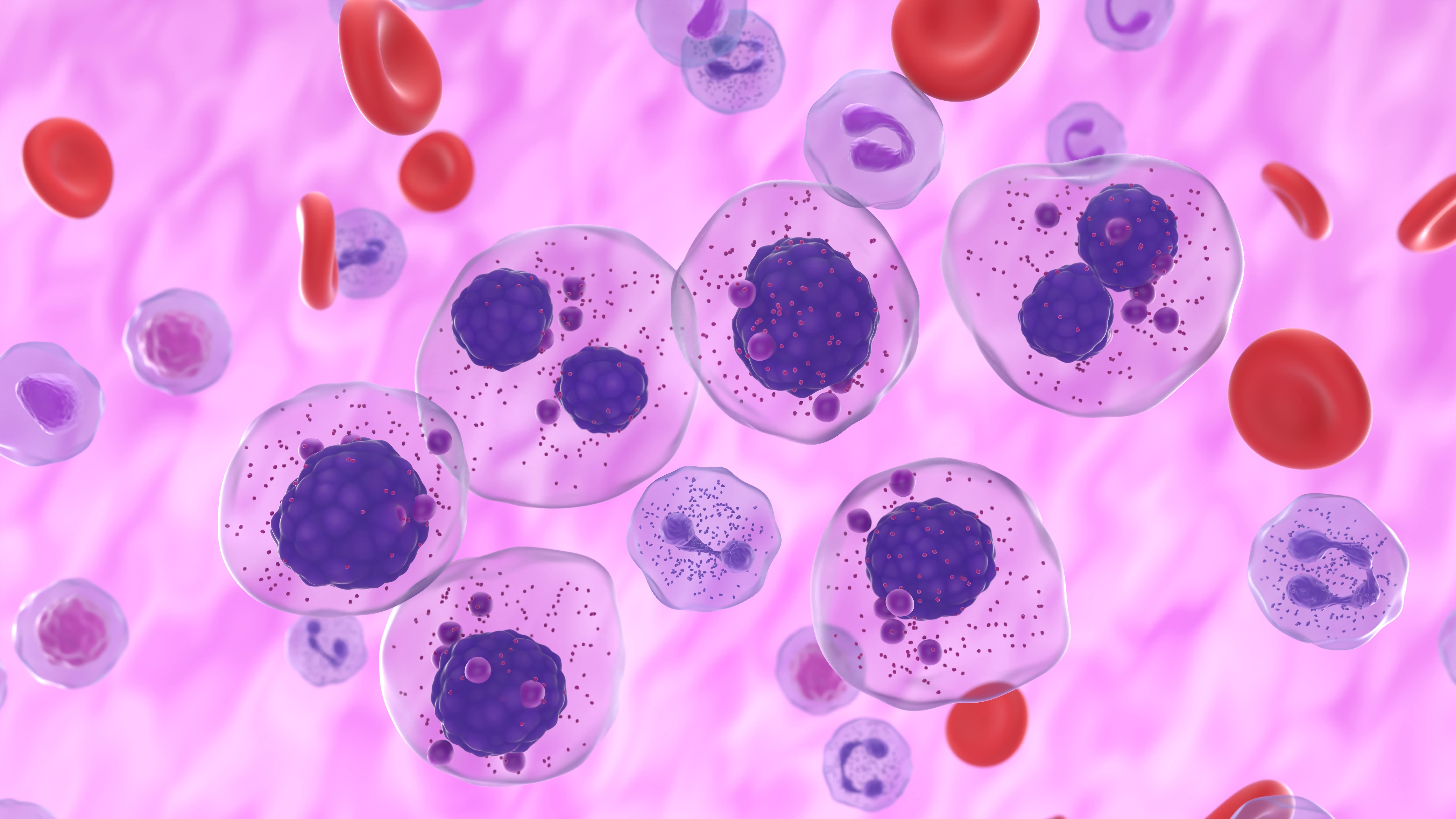




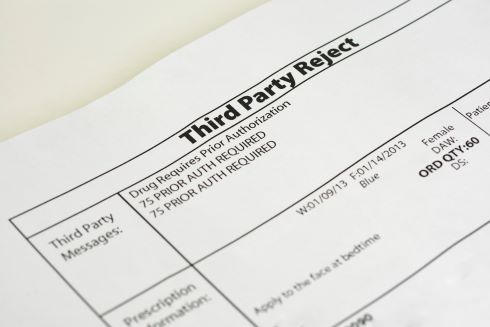




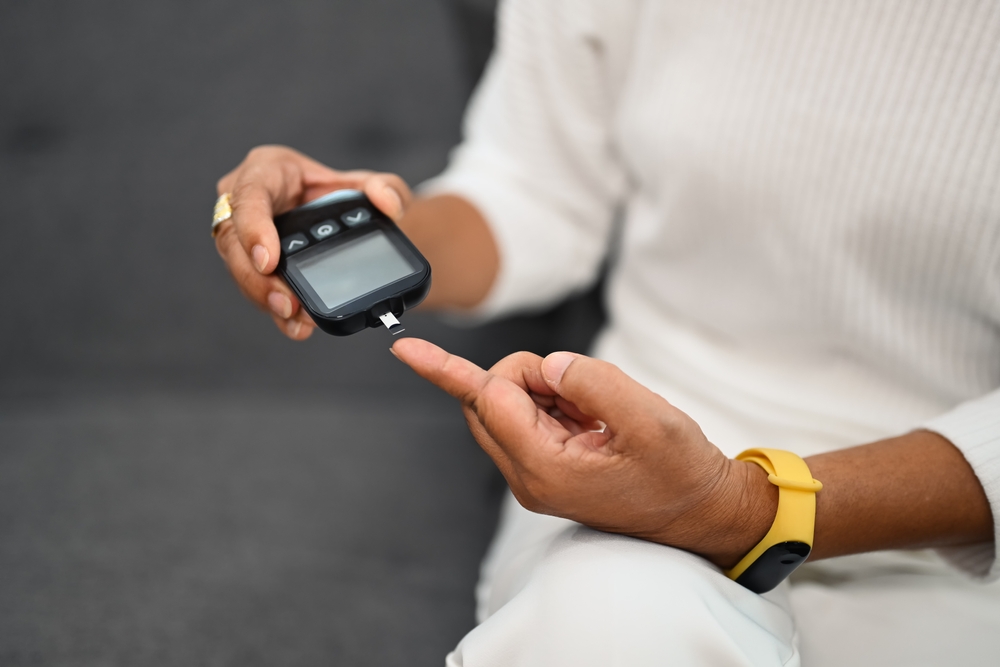

 © 2025 Mashup Media, LLC, a Formedics Property. All Rights Reserved.
© 2025 Mashup Media, LLC, a Formedics Property. All Rights Reserved.